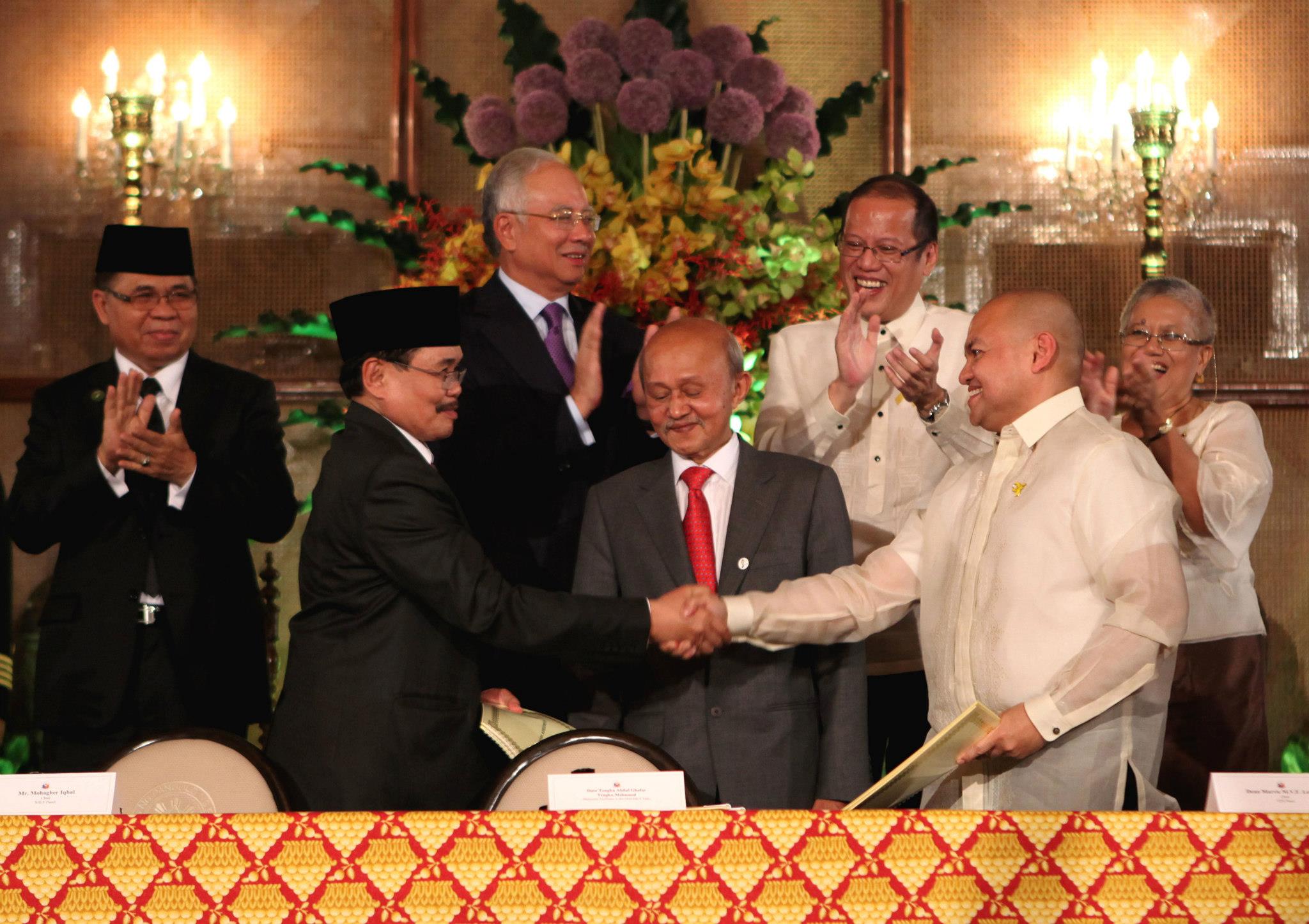By: Professor Burt Neuborne [*]
The hope that the ATS would permit entrepreneurial lawyers to choreograph international human rights cases involving: (1) alien plaintiffs; (2) alien corporate defendants; and (3) acts wholly occurring abroad into an American court in an effort to take advantage of American discovery rules, Rule 23 class actions, and an independent judiciary is now history. All nine Justices in Kiobel slammed that door, which was probably a pipe dream in the first place. Chief Justice Roberts, writing for five Justices, including the maddeningly vague Justice Kennedy, ruled that the presumption against extraterritorial legislation blocked use of the ATS as a source of federal jurisdiction when neither the plaintiffs, nor the defendants, nor the operative facts had a significant link with the territorial United States. Mere corporate presence for the purposes of general jurisdiction over the defendant could not, ruled the Chief Justice, constitute the significant link to the territorial United States needed to rebut the presumption against extraterritorial legislation.

